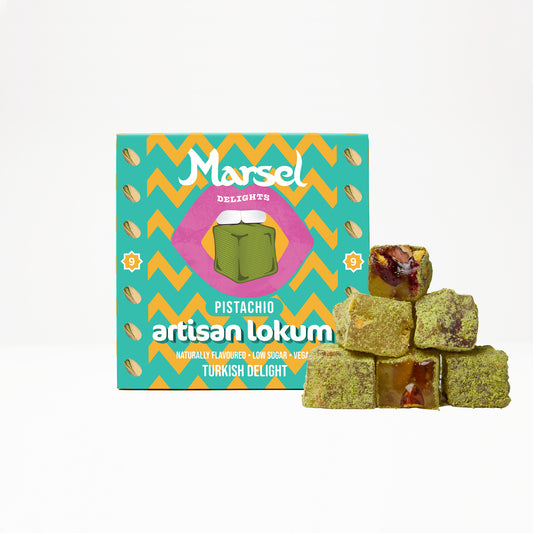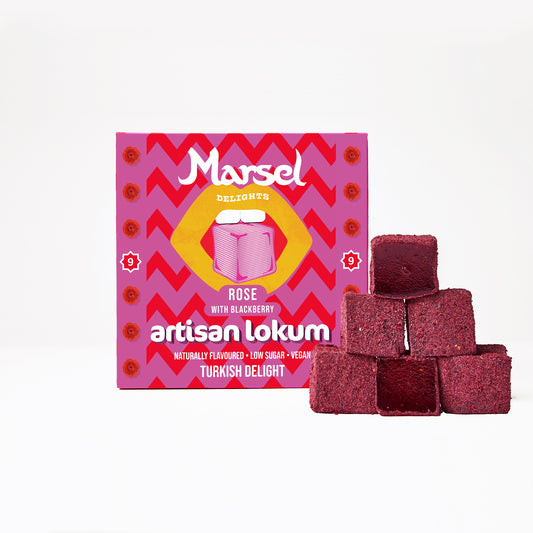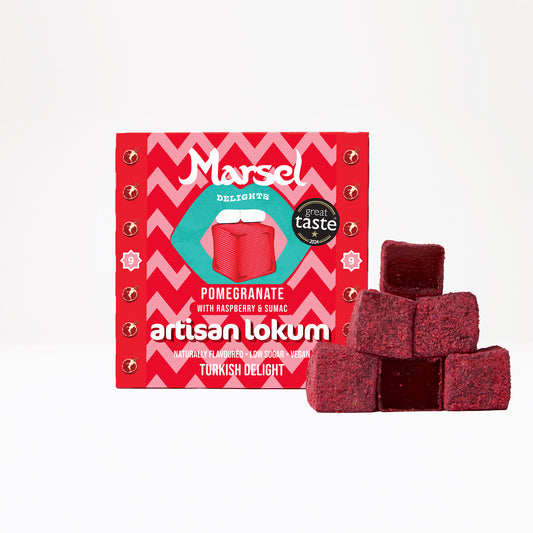Turkish Delight, or lokum, is a sweet treat that has been enjoyed for centuries. It has a unique texture that's both soft and chewy, and it's available in a variety of flavours. In this post we're going to explore the history, ingredients, cultural significance, and health benefits of this beloved candy.
The History of Turkish Delight
Turkish Delight has a rich and interesting history. It was first created in Istanbul during the Ottoman Empire in the 1700s. The original recipe consisted of honey and molasses, but it evolved over time to include sugar, cornstarch, and flavourings such as rosewater and lemon. The candy eventually became popular throughout Europe and the Middle East, and it even gained worldwide recognition after being featured in C.S. Lewis's "The Lion, The Witch, and The Wardrobe."
The Ingredients of Turkish Delight
Turkish Delight is made with a few simple ingredients, including cornstarch, sugar, water, and flavourings such as rosewater, lemon, or pistachio. Some varieties are coated in powdered fruits or nuts for added texture and flavour. The use of natural ingredients without any preservatives makes Turkish Delight a healthier alternative to other candies.
The Cultural Significance of Turkish Delight
Turkish Delight is not just a candy, it's also an important part of Turkish culture. It's often served during special occasions like weddings and holidays. Additionally, it's a popular souvenir for tourists visiting Turkey, with many travelers bringing back boxes of the candy as a gift for family and friends. Turkish Delight has also become a symbol of hospitality and generosity, with hosts offering it to guests as a way of welcoming them into their homes. The act of offering Turkish Delight to guests is known as the "lokum ceremony."
Turkish Delight is a unique sweet treat that has a rich history, cultural significance, and health benefits. Its variety of flavors and soft, chewy texture make it a favorite among candy lovers worldwide.
If you haven't tried Turkish Delight yet, be sure to give it a taste – you might just discover your new favorite treat.
What is Turkish Delight?
Is Turkish Delight Vegan?
How Long Can Turkish Delight Last?
What Does Turkish Delight Symbolise?








